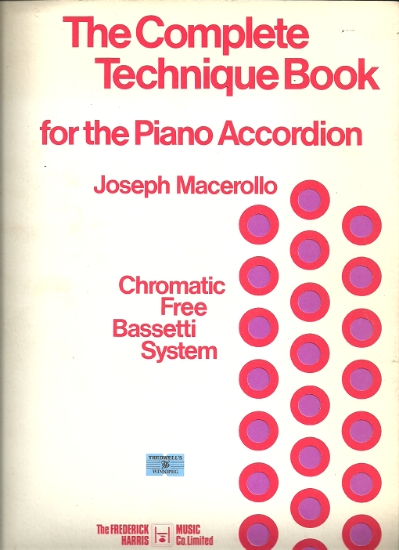Jaime_Dergut
Well-known member
Hello everybody,
I have a question today, how can I do pre-freebass exercises before buying an accordion with converter?
The natural answer will be, just get a free bass system and get started with it, but they are too expensive for me to just buy one and learn.
So I just wondered if there was a way I could train my left hand before getting a free bass converter. One idea I had is buying a piano keyboard and train from there.
But I am not sure if this is a productive idea.
Thank you for your time and consideration.
I have a question today, how can I do pre-freebass exercises before buying an accordion with converter?
The natural answer will be, just get a free bass system and get started with it, but they are too expensive for me to just buy one and learn.
So I just wondered if there was a way I could train my left hand before getting a free bass converter. One idea I had is buying a piano keyboard and train from there.
But I am not sure if this is a productive idea.
Thank you for your time and consideration.

